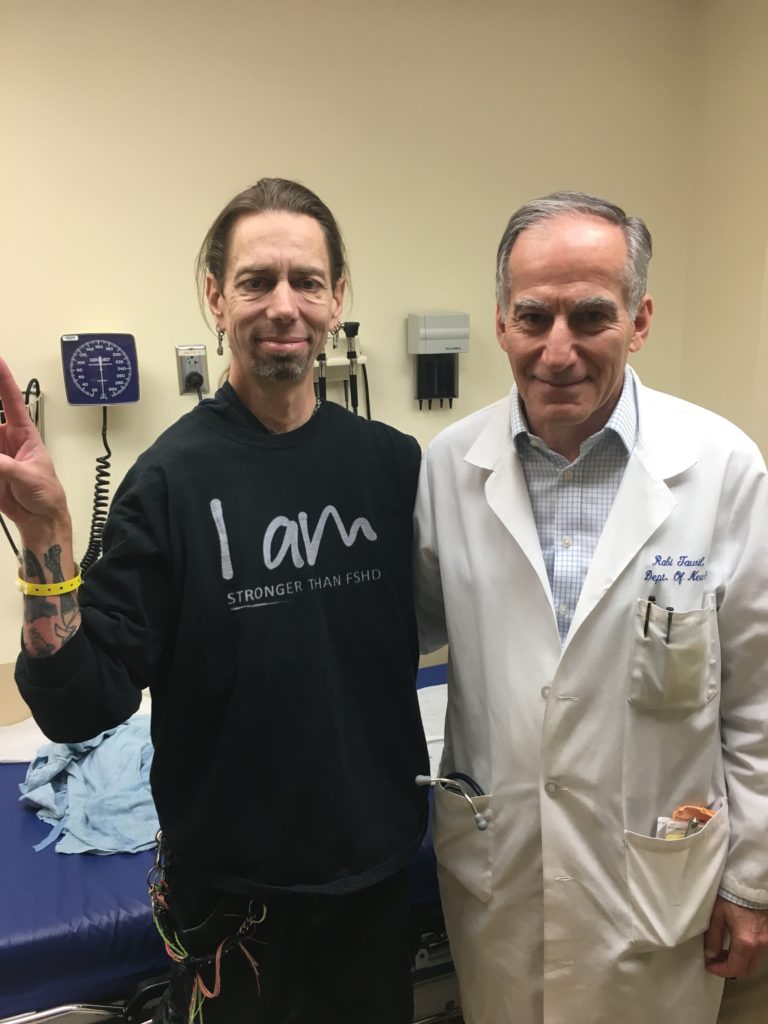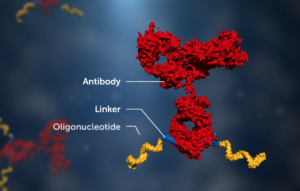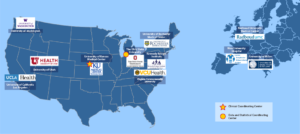
To crack the code of FSHD, patients are absolutely essential
All of the breakthroughs—the discovery of the genetic causes, understanding why some patients vary so greatly in the severity of their symptoms, teasing out the biochemical pathways that could point to future treatments—were made because patients stepped up to the plate.
Too often, we hear patients say they’ll volunteer when there’s a treatment. But we will never get to a treatment unless patients participate in fundamental research now. FSHD is uniquely human, so no laboratory mouse can ever fully model the disease. The genetic “package” that causes FSHD is found only in people. We owe an enormous debt to the patients who give DNA samples. Who submit to long interviews and exhausting physical tests. Allow a surgeon to cut out a small muscle sample. Who fight claustrophobia to lie in the narrow bore of an MRI machine.
Equally important are patients’ family members, both affected and unaffected, who provide the best experimental controls because of their shared genetic and environmental backgrounds. A parent or sibling who has very mild symptoms may hold the key to understanding the factors that protect against the full-blown development of FSHD symptoms in a more severely affected family member.
We are more hopeful today than ever before that a treatment is within sight. We cannot guarantee when that treatment will arrive, but here’s one thing we guarantee: If you volunteer for research, your participation will without question help move us a step closer to that day.
Scientific Overview of FSHD
Read the latest on wikipedia
Glossary of Scientific Terms
FSHD Society Announces 2020 Conferences
The nation’s capital will host the world’s premier conferences on facioscapulohumeral muscular dystrophy for all stakeholders. REGISTER HERE. The FSHD Society’s 27th annual International Research Congress (IRC) will be held… Read More »
Dyne Therapeutics to support ReSolve study of FSHD
From BusinessWire Dyne Therapeutics, a biotechnology company pioneering targeted therapies for patients with serious muscle diseases, today announced its support for the ReSolve study, an ongoing natural history study designed… Read More »
Disappointing news from Acceleron
From Acceleron’s press release Acceleron Pharma Inc. (NASDAQ:XLRN), a leading biopharmaceutical company in the discovery and development of TGF-beta superfamily therapeutics to treat serious and rare diseases, today announced that treatment… Read More »
FSHD Society signs agreement to expand CTRN
From PRWeb The FSHD Society announced today that it has signed a memorandum of understanding to enter into a three-year agreement to enable the expansion of the international facioscapulohumeral muscular dystrophy… Read More »






